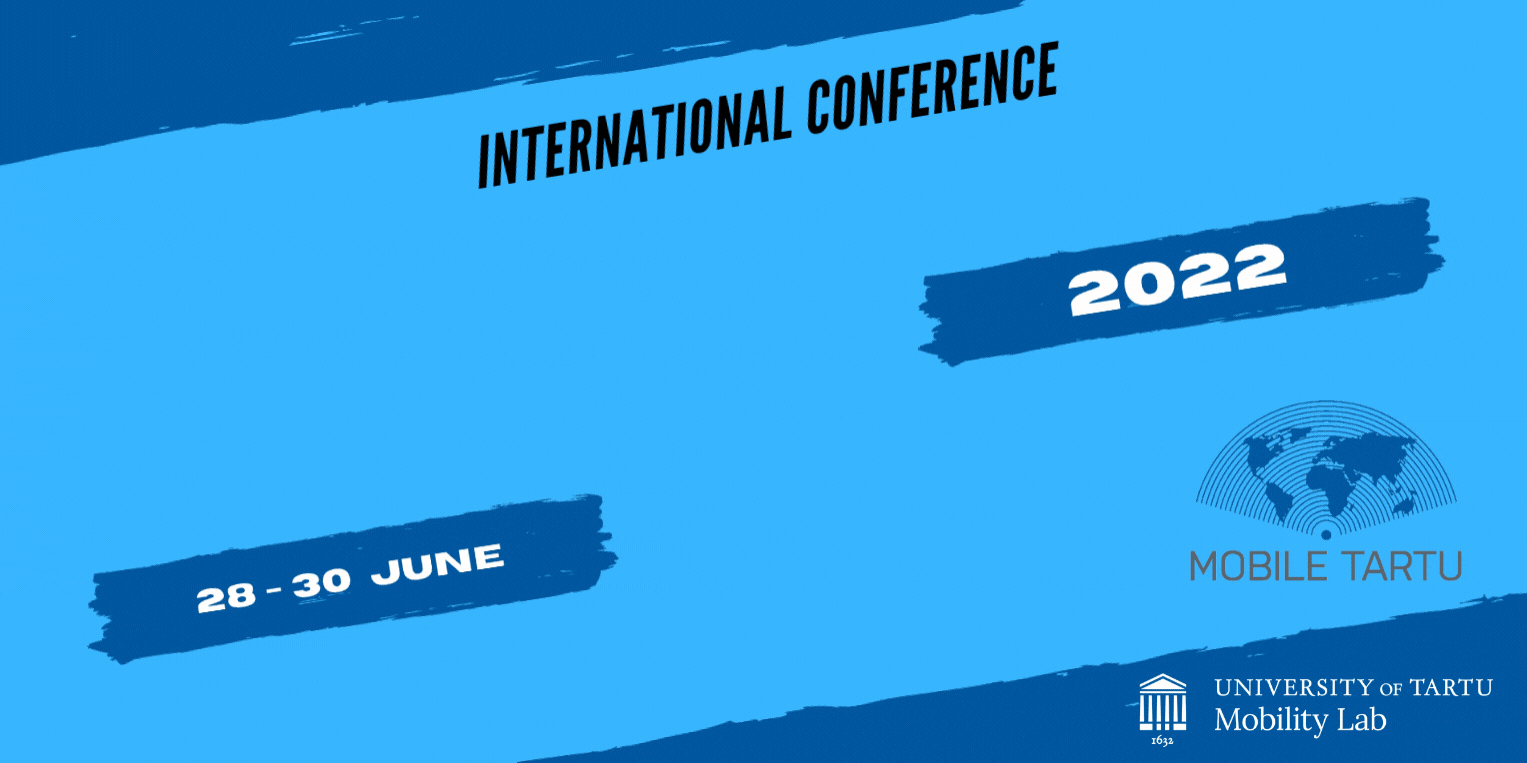
PhD Course
PhD Course on June 28-29: “Mobility data analysis for social and environmental research”
PhD Course is FREE of charge.
The PhD Course aims to familiarise participants with mobile big data sources and related methods for human mobility research. The course involves keynote presentations as part of the Mobile Tartu conference, presentations on the use of mobility data in private and public sector, a PhD seminar for discussing individual research papers, and three parallel practical workshops, which focus either on activity spaces, on environmental exposures in travel environments, or on cross-border mobility. In the workshops, the participants will apply smartphone GPS-data, social media data, or environmental data coupled with bike sharing data, respectively. The workshops will be led by researchers from the Digital Geography Lab, University of Helsinki, and the Mobility Lab, University of Tartu. During the Summer School, the participants will discuss the conceptual, methodological, and ethical aspects of mobile big data collection, processing, analysis, visualisation, and management.
The Course provides an excellent opportunity for students and early career researchers for advancing their skills on geospatial data literacy and mobile big data analytics, for mutual learning and receiving peer feedback on their own research projects. The course also contributes to developing international and interdisciplinary networks of early career researchers who are interested in human mobility research and mobile big data.
Target group: PhD and postdoctoral researchers and master students working on or interested in conceptual, methodological, and empirical aspects of mobile big data and human mobility research.
Please note that on acceptance to the PhD Summer School, you will be asked to share a four-page abstract approximately one month before the event, and be ready to provide an oral peer-review for another extended abstract.
PhD Course Program
Tuesday, June 28, 2022 (Palamuse)
The PhD course on 28th of June will take place at Palamuse museum in Jõgeva county, 40 km outside of Tartu.
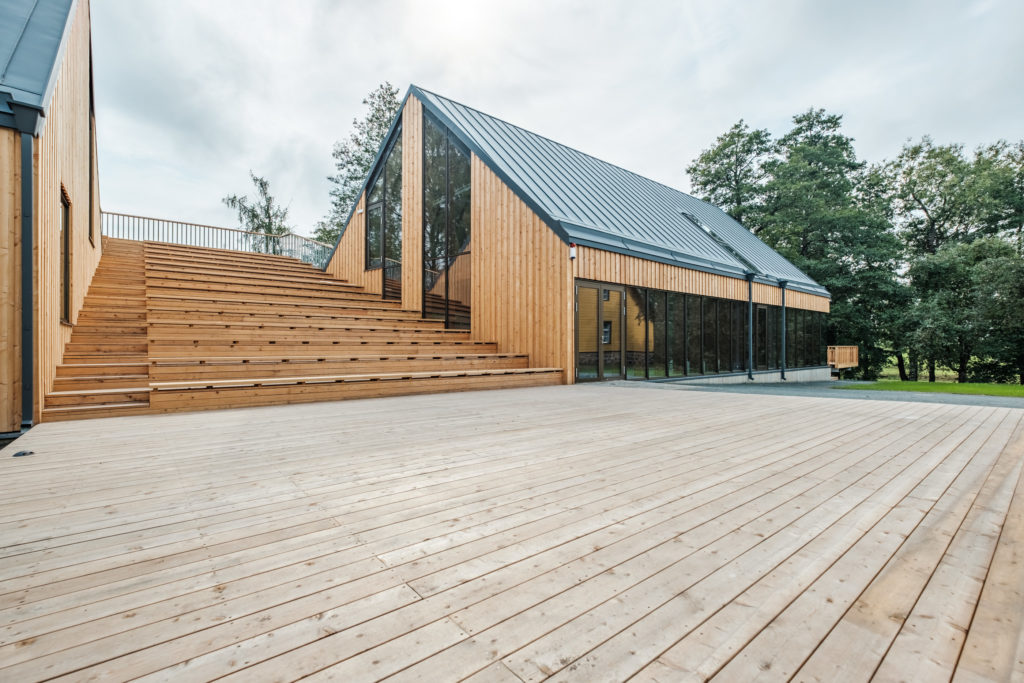
8:30 Bus from Tartu to Palamuse departures in front of Vanemuise 46. The location is marked on the map.
9:30 Registration and coffee
9:50 Opening
10:00 Who-is-who introduction round.
10:30 Lecture by Prof. Frank Witlox (Ghent University / University of Tartu): “On the use of big data in travel behavior analysis”
11:00 Session A: Mobility during crises. Chair Prof. Matthew Zook (University of Kentucky)
| Hannah Hook, Jonas De Vos, Veronique Van Acker, Frank Witlox | Evolutions in undirected travel (satisfaction) during the COVID-19 pandemic | Ghent University |
| Symi Nyns, Serge Schmitz | Can mobile phone data assess the impact of the sanitary crises on tourism? The cases of Covid-19 and swine fewer in Wallonia | University of Liege |
| Ago Tominga, Siiri Silm, Kati Orru, Kaisa Vent, Margo Klaos, Eva-Johanna Võik, Erki Saluveer | Using mobile positioning to generate population statistics for crisis management | University of Tartu |
11:00 Session B: Mobility data and privacy. Chair Prof. Jukka Matthias Krisp (University of Augsburg)
| Anna Brauer, Ville Mäkinena, Axel Forschc, Juha Oksanena, Jan-Henrik Haunertc | Practical challenges in context-sensitive location protection for spatial trajectories | Finnish Geospatial Research Institute |
| Serio Agriesti, Claudio Roncoli, Bat-hen Nahmias-Biran |
Exploiting synthetic data and activity-based modeling for spatial analysis |
Aalto University |
| Negin Zarbakhsh, Gavin Mcardle | Explainable machine learning model for urban traffic congestion during COVID-19 using human mobility and street-waste features | University College Dublin |
12:00 Lunch
13:00 Lecture by Prof. Benjamin Büttner (Technical University of Munich): “How to visualize land-use and transport data?”
13:30 PhD workshop (3 parallel sessions)
Group A: Smartphone-based GPS data and survey, based on MobilityLog application
(Ago Tominga, Siiri Silm and Anto Aasa, University of Tartu)
The aim of this workshop is to introduce a smartphone-based experiment with MobilityLog application. During the experiment, participants can analyze (a) location data, (b) time- and location-based questions data asked from respondents during the smartphone experiment; and learn how this data can be used to answer relevant questions about human spatio-temporal behaviour. During the experiment, students can get an overview of data collection by smartphone application and get experience in analyzing GPS and other data on the smartphone. They learn how to detect meaningful locations, describe trips and give meaning and content to the GPS dots on the map using environmental data from other spatial layers. The workshop ends with a presentation on workshop results followed by a discussion on the opportunities and challenges of using smartphone data in mobility research.
Group B: Data and tools for environmental exposure assessment during urban mobility
(Christoph Fink and Tuuli Toivonen, University of Helsinki; Age Poom, University of Tartu)
The aim of the workshop is to introduce the concept of environmental exposure during travel and improve participants’ skills in analysing mobility in relation to environmental exposure. Within the workshop, we will use trip data from the Helsinki bike share system and exposure metrics from the open source Green Paths exposure assessment and route planning tool to analyse the levels of air pollution, traffic noise and green space at street level during urban journeys in Helsinki. The participants will be able to compare exposure metrics between the shortest and exposure-optimised routes and hence evaluate the effect of route choice and its implications on health and wellbeing. Furthermore, the participants can link environmental exposure metrics to population data to explore eventual socio-environmental inequalities in urban space. We discuss the benefits of shortcomings of various types of environmental and mobility/population data for exposure research, such as the trade-offs between spatiotemporal accuracy and spatial coverage of applicable data sources in exposure research (e.g., wearable environmental sensors, stationary sensor networks, remote sensing, street level imagery, GPS trackers, mobile phone data, bike share data). The workshop ends with a discussion on the role of publicly available spatial data and tools for planning healthy, equitable, and sustainable cities.
Group C: Social media sources as a tool to monitor cross-border mobility
(Olle Järv and Oleksandr Karasov, University of Helsinki)
The aim of the workshop is to familiarize the participants with the possibilities of cross-border mobility research based on social media data sources, and to brainstorm on the ways in which different forms of mobility (e.g. for commuting, migration, leisure, second home and multi-local living) can be captured from the total mobility flows that cross national borders. Within the workshop we will apply open-source social media datasets (Twitter, Facebook) and tools (and possibly improve existing tools) to capture, analyse and eventually contextualise people’s mobility across borders based on different aspects (e.g. individual space-time travel behaviour, social media content, external environment setting from additional datasets). We will discuss the implementation of such information for policy and planning, and the possible conceptual and methodological improvements to increase the feasibility of such an approach for use in practice. The workshop will end with a short presentation of group work and discussion on the potential role of social media data for monitoring cross-border mobility for planning and practice.
16:00 Coffee break
16:30 Lecture by Erki Saluveer (Positium) “Use of mobile phone data in business”
17:00 Lecture by Jaanus Tamm (Tartu City Government) “How Tartu city uses mobility data?”
17:30 PhD workshop continues: group work
19:00 Dinner and social event
21:00 Bus back to Tartu
Wednesday, June 29, 2022 (Tartu)
The PhD course on 29th of June will take place at the University of Tartu study building Oecologicum (Juhan Liivi 2) Tartu.
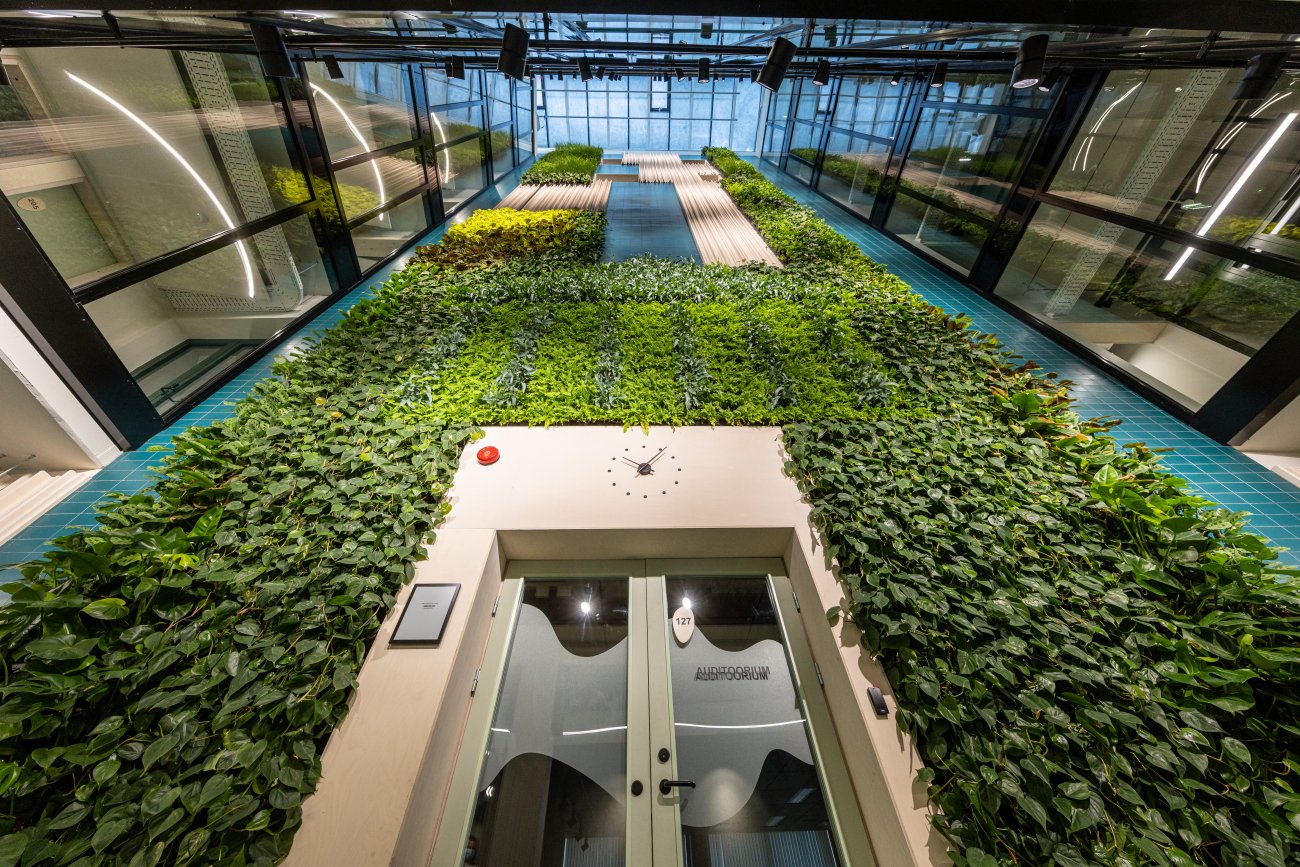
8:15 Morning coffee
8:40 Conference opening (room 127)
9:00 Rein Ahas lecture by Prof. Mei-Po Kwan (The Chinese University of Hong Kong) “Big data and geospatial technologies for smart cities research” (room 127)
9:40 Session 1: Big data for mobility research (room 127)
10:40 Coffee break
11:10 PhD workshop group work time (rooms A – 107; B – 110; C – 321)
12:40 Lunch (Venue: Vilde ja Vine, Vallikraavi 4)
14:00 PhD Seminar: Presentation and discussion of workshop results (room 126)
15:30 Coffee break
16:00-17:30 Free time and/or a possibility to participate in the International Conference Mobile Tartu 2022
19:00 Dinner
The main conference continues on June 30.
 |
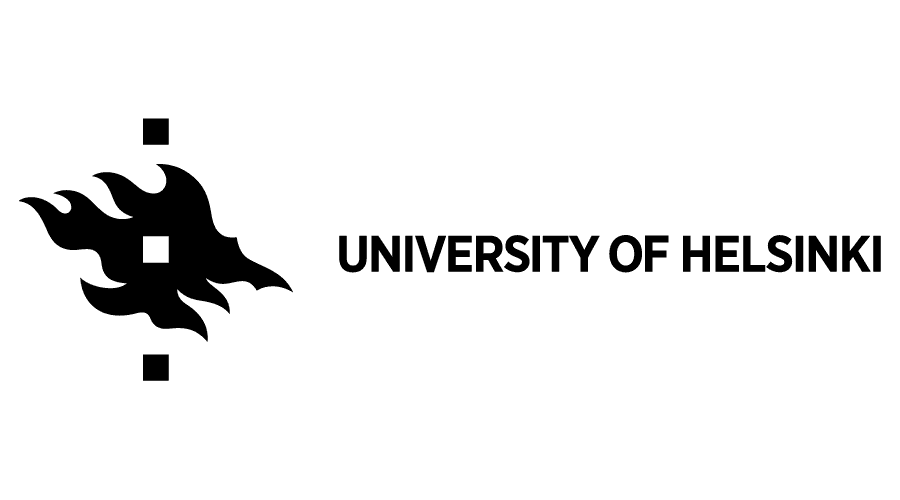 |



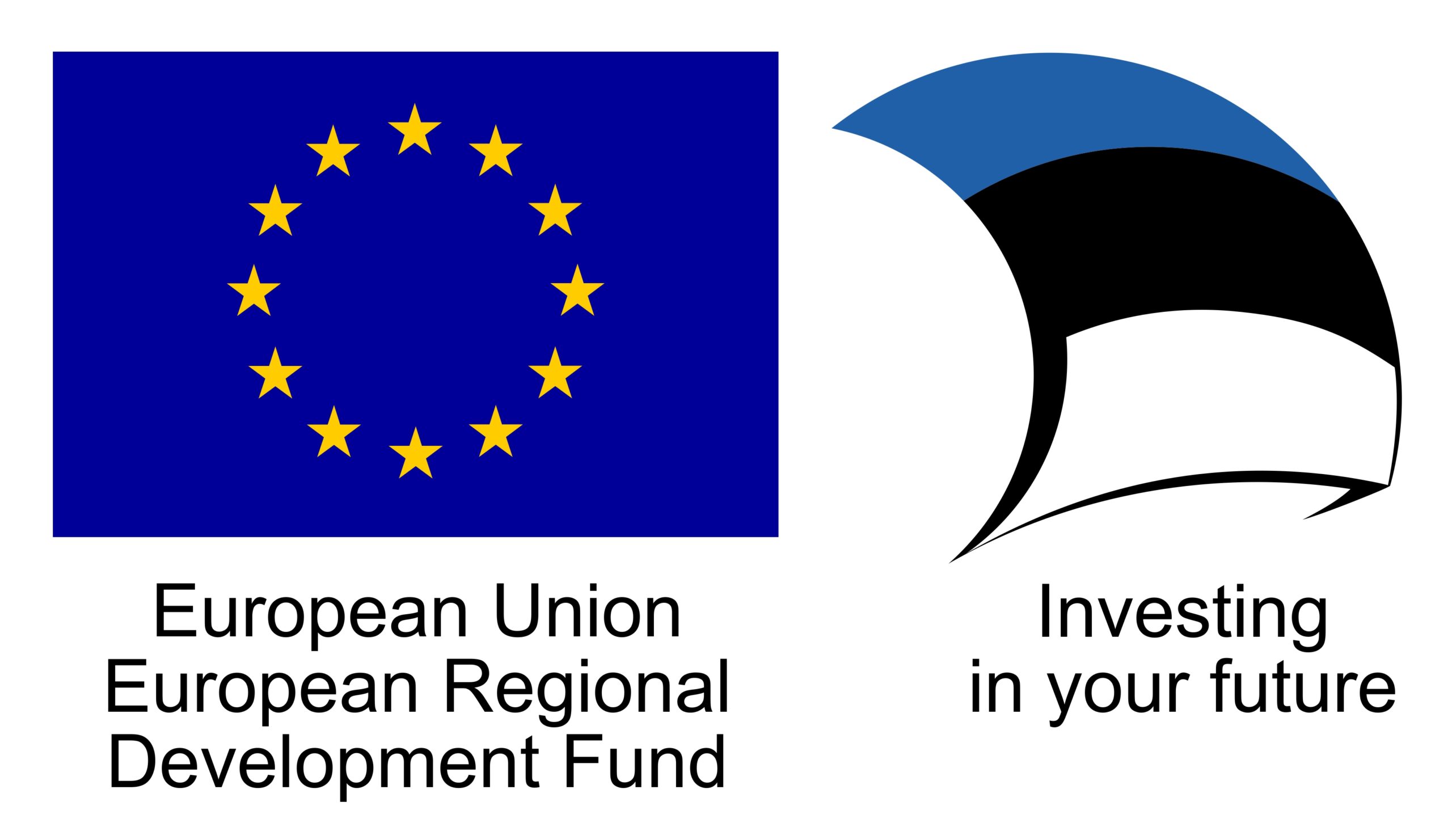 This event is organised by the Doctoral School of Earth Sciences and Ecology, supported by the European Union, European Regional Development Fund (University of Tartu’s ASTRA project PER ASPERA).
This event is organised by the Doctoral School of Earth Sciences and Ecology, supported by the European Union, European Regional Development Fund (University of Tartu’s ASTRA project PER ASPERA).


